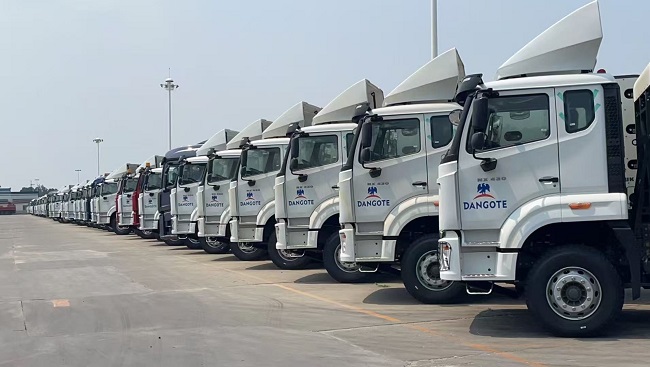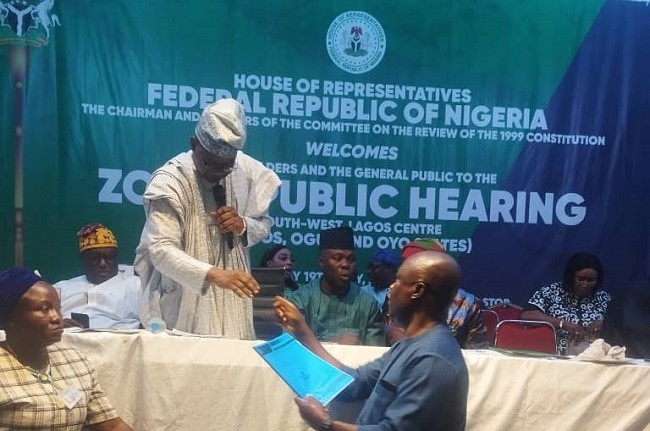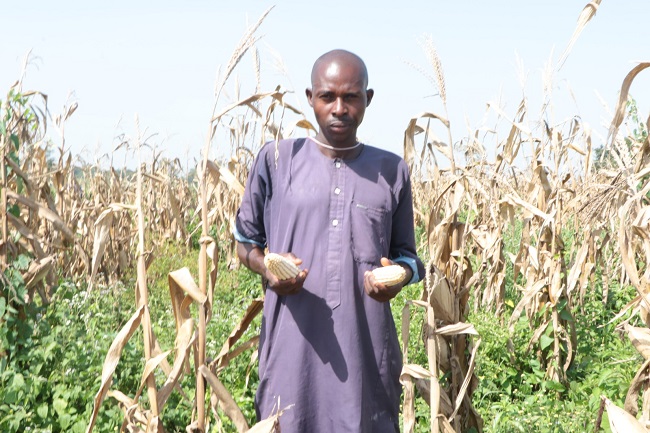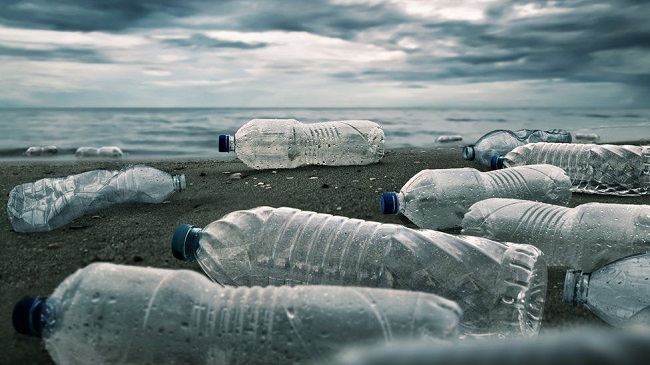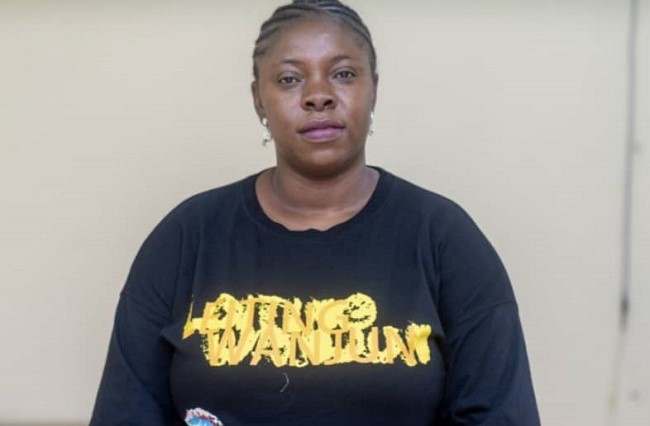The sixth edition of the Wildlife Ranger Challenge was launched on Tuesday, July 22, 2025, to highlight that Africa’s wildlife rangers are no longer just protectors of animals, they are frontline defenders of nature, climate, and community wellbeing.
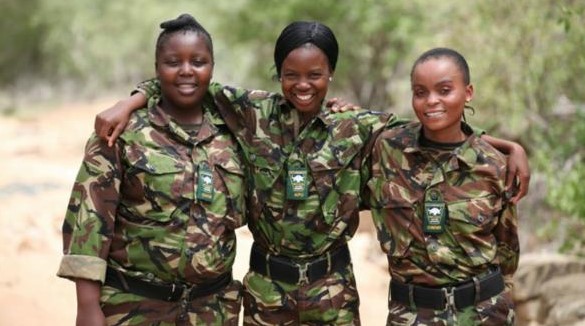
As the world races toward the 2030 biodiversity targets, it is time to see these men and women not as foot soldiers but as leaders and invest in their welfare, training, and recognition, Challenge organisers Tusk and the Game Rangers Association of Africa (GRAA) said.
The continent’s nearly 60,000 rangers are educators, peacekeepers, first responders, and community leaders who bridge conservation and human development. From preventing poaching and protecting carbon-rich landscapes to supporting livelihoods and responding to local crises, their role is essential for both planetary and community resilience, according to GRAA.
Nick Bubb, Chief Executive at Tusk, says: “Rangers are much more than guardians of wildlife. They are embedded in their communities, protecting the ecosystems that sustain life, while also responding to emergencies, supporting livelihoods, and fostering peace. The Wildlife Ranger Challenge celebrates their courage and resilience, while calling on the global community to invest in their future. Rangers are central to the future of our planet. By running with them, funding them, and telling their stories, we are investing in biodiversity, climate resilience, and community security.”
The Wildlife Ranger Challenge brings together more than 170 ranger teams across 24 African countries in a multi-month campaign of endurance, teamwork, and global solidarity. The initiative culminates in a synchronised 21km race on September 20, with rangers running in full gear, carrying 22kg backpacks, to demonstrate the physical and mental demands of their daily work on the frontline of conservation.
Organised by Tusk and GRAA, with support from founding donor Mark Scheinberg, the Challenge has grown into the largest annual celebration of Africa’s wildlife rangers, raising over $21 million since its launch in 2020. This year, the spotlight is on rangers as community leaders, not just conservation heroes.
The final days of the Challenge coincide with the African Ranger Congress, a policy-focused gathering hosted by GRAA from September 17 to 21 at Lewa Wildlife Conservancy in Kenya. While the Challenge rallies public and philanthropic support through storytelling and solidarity, the African Ranger Congress convenes advocates for professionalisation, fair employment standards, and long-term investment in ranger welfare.
Together, the two events offer a full picture of the ranger movement in Africa, from the emotional and physical demands on individuals, to the systemic changes needed for long-term impact.
Louise de Bruin, Chief Executive at Game Rangers’ Association of Africa says; “The GRAA is delighted to be an organising partner of the Wildlife Ranger Challenge, an event that shines a global spotlight on the vital and diverse work of rangers. These men and women are not just protectors of wildlife – they are leaders at the frontline of conservation, safeguarding ecosystems, supporting communities, and driving solutions for people and the planet.
“It is especially fitting to see this year’s Challenge alongside the African Ranger Congress, as together they celebrate rangers, while advancing welfare, standards, and professional recognition across the sector. Both events remind us that collaboration is key – together, we can do more for rangers, for people, and for our planet.”
Supporters from around the world are invited to join the global movement in support of rangers, make a donation, or even run in solidarity with the rangers wherever they are, by visiting www.wildliferangerchallenge.org. All funds raised will be matched up to $1.4 million and go directly to supporting ranger welfare, training, equipment, insurance, and innovation across the continent.
The 2025 Wildlife Ranger Challenge comes at a critical time. As the world strives to meet the Global Biodiversity Framework’s 30×30 target – to effectively conserve 30% of the planet’s land and ocean by 2030 – rangers are the human force that will make it possible. Yet, despite their pivotal role, many face hazardous working conditions with inadequate training, gear, insurance, or support.
This year’s Wildlife Ranger Challenge race day includes national events in Kenya, Uganda, Zambia, and South Africa, where media, partners, and the public will witness the race day action up close and hear stories of ranger impact, from patrolling marine zones in Mozambique, to rescuing wildlife in Zambia, to supporting schoolchildren in Uganda.
Rachel Sibanda, a ranger at the Great Plains Biodiversity Ranger, Zambezi, says: “The involvement of female rangers in the Wildlife Ranger Challenge highlights their endurance, survival skills, and physical and mental health. It raises awareness about the critical work they do in protecting the natural world.”
Ezekiel Loserian, a ranger at the African People & Wildlife in Tanzania, says: “We have trained with commitment and worked hard together, and winning the Wildlife Ranger Challenge has made us proud. It shows what community rangers can achieve with discipline, teamwork, and a strong heart for conservation. This challenge continues to push us forward.”


